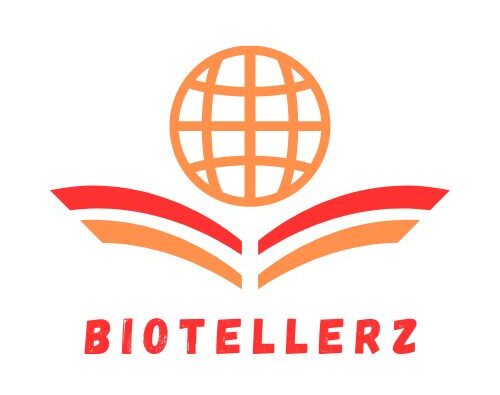
Young age
The eldest child of middle-class parents who owned a property in Ludgvan, Cornwall, England, was Davy. He attended Truro in 1793 after attending the grammar school in nearby Penzance. He began working as an apprentice to a surgeon and apothecary in 1795, a year after the passing of his father, Robert, with the intention of eventually earning a medical degree. He was a boisterous, loving, and well-liked young man with a sharp mind and a vivid imagination. He enjoyed writing poetry, drawing, making fireworks, fishing, shooting, and collecting minerals. He loved to explore, carrying fishing gear in one pocket and rock specimens in the other. He never lost his intense love of nature, especially the scenery found in mountainous and coastal areas.
Significant discoveries
Early on, Davy came to the conclusion that the generation of electricity in simple electrolytic cells was the result of chemical action and that chemical combination occurred between substances of opposite charge. According to his logic, electrolysis—the interaction of electric currents with chemical compounds—offered the most likely method for breaking down all substances into their constituent parts. These ideas were presented in 1806 in his lecture “On Some Chemical Agencies of Electricity,” for which he received the Napoleon Prize from the Institut de France (1807), despite that there was a war going on between England and France. The separation of sodium and potassium from their compounds (1807) as well as the alkaline-earth metals magnesium, calcium, strontium, and barium from their compounds (1808) were directly influenced by this work. He also discovered hydrogen telluride, hydrogen phosphide, and boron by heating borax and potassium. He disproved Lavoisier’s theory that all acids contained oxygen by demonstrating the proper relationship between chlorine and hydrochloric acid and the fallacy of the previous name for chlorine (oxymuriatic acid). Additionally, he demonstrated that chlorine is a chemical element and that experiments meant to reveal chlorine’s oxygen content were unsuccessful. His theories regarding the nature of chlorine were challenged, but he did explain how chlorine bleaches by releasing oxygen from water and discovering two of its oxides (1811 and 1815).
Late years of Sir Humphry Davy
He began researching the circumstances in which mixtures of firedamp and air explode for the Society for Preventing Accidents in Coal Mines not long after his return. This resulted in the development of the miner’s safety lamp and subsequent studies on flame, for which he was awarded the Rumford medals (gold and silver) by the Royal Society as well as a service of plate from the northern mine owners (which was later sold to establish the Davy Medal). After becoming a baronet in 1818, he traveled to Italy once more to research volcanic activity and make an unsuccessful attempt to unravel the Herculaneum papyri. He was elected president of the Royal Society in 1820 and served in that capacity through 1827. He collaborated in 1823–1825 with the politician and author John Wilson Croker to found the Athenaeum Club, of which he was a founding trustee, and with the colonial governor In order to advance the plan for the zoological gardens in Regent’s Park, London (opened in 1828), Sir Stamford Raffles founded the Zoological Society. He studied electrochemical methods for preventing saltwater corrosion of copper sheathing on ships by using iron and zinc plates during this time, as well as magnetic phenomena brought on by electricity. He was greatly frustrated by the method’s failure even though the protective principles were made clear; nevertheless, there was significant fouling. He described himself as “burned out,” though. “On the Relation of Electrical and Chemical Changes,” his Bakerian lecture for 1826, contained his final known thoughts on electrochemistry and won him the Royal Society’s Royal Medal.
